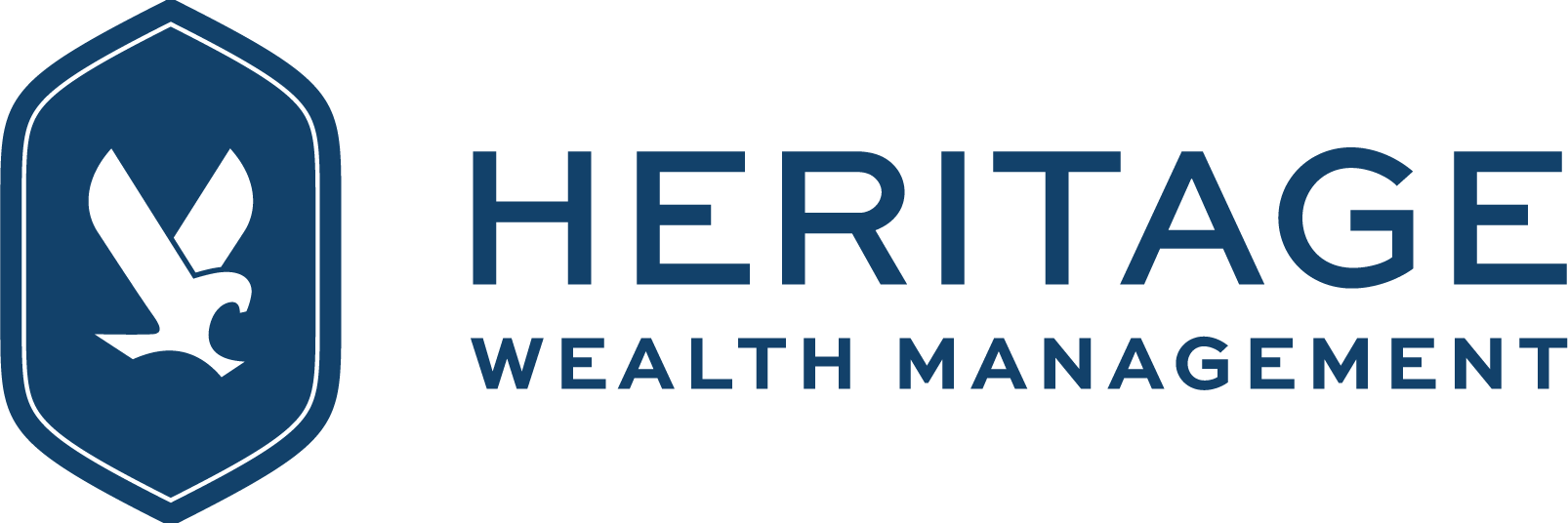When NOT to Use a 1031 Exchange in San Diego

A 1031 exchange might sound like a no-brainer for real estate investors hoping to save on taxes. And yes, deferring capital gains tax can be a major benefit. But it’s not always the golden ticket it’s made out to be. In San Diego, where the market shifts fast and the lifestyle goals of investors vary wildly, there are times when a 1031 exchange could do more harm than good. The tax break is tempting—but it shouldn’t override logic, timing, or personal financial goals. Here’s when it might be smarter to hit pause on the exchange and consider another route entirely.
When You Need the Cash, Not Another Property
Some investors hit a point where another building isn’t the win they’re after. They’re ready to cash out, pay the tax, and enjoy the gain. That’s perfectly valid. Using a 1031 exchange when you’re secretly just craving liquidity can feel like being forced to buy something just to avoid a fee. It’s like returning a gift only to be told you have store credit and nothing in the store excites you.
If an investor sells a property with a decent gain, they might want to use the money for paying off debt, funding a child’s education, or simply taking a breather. Locking that profit into another property they don’t really want or need can add stress and eat up energy. The 1031 exchange would force them to buy something quickly, whether or not the timing or inventory feels right. In these cases, the freedom to use cash flexibly can be more valuable than deferring taxes.
When the Numbers Don’t Actually Add Up
Just because the term “tax deferral” makes investors lean in doesn’t mean the math works out in every situation. There are plenty of cases—especially in San Diego’s tight market—where the replacement property ends up being overpriced, underperforming, or poorly located. Investors often rush to close within the strict time windows and end up with something they wouldn’t have considered under normal conditions.
1031 exchanges come with fees, legal paperwork, and plenty of fine print. Those added costs can sneak up and eat away at what looks like a healthy return. On top of that, if the new property generates less income or demands more repairs, the long-term benefit starts looking shakier. If the goal is long-term wealth—not just tax delay—it’s essential to run the numbers in both directions. Sometimes the smarter financial move is to cash out, take the hit, and reinvest elsewhere when the pressure’s off.

When Your Timeline Doesn’t Match the Exchange Rules
Life doesn’t always follow a 45- or 180-day schedule, but 1031 exchanges sure do. Once you sell a property, you have 45 days to identify a replacement and 180 days to close on it. That countdown starts fast, and in hot markets like San Diego, it can push investors into decisions they wouldn’t otherwise make.
Maybe the right property just isn’t available during that window. Maybe there’s a zoning delay or a problem with inspections. Or maybe the only listings in the budget are in neighborhoods that don’t fit your long-term plan. If the clock forces your hand into a bad fit, the whole point of building wealth gets compromised.
When timing doesn’t align—or when flexibility is more important than meeting a deadline—a 1031 exchange could become a stressful scramble rather than a smart tax tool. In those moments, waiting, watching, and holding out for a better deal might be the better path.
When You’re Heading Toward Retirement or a Major Life Shift
Not everyone is in building mode forever. At a certain point, life pivots. Maybe the goal shifts from growth to stability. Maybe the idea of managing tenants, property taxes, and ongoing repairs sounds more like a burden than a benefit. That’s when it’s worth thinking hard about whether a 1031 exchange fits your lifestyle—or just delays a necessary decision.
Retirement planning often involves consolidating assets, simplifying income sources, and letting go of stress. Selling a property and taking the gain—even with taxes—could provide more peace of mind than stretching into another building just for the sake of deferment. In some cases, passing on a 1031 exchange means you’re prioritizing freedom and simplicity over squeezing every dollar from a portfolio.
It’s not just retirees either. Someone going through a divorce, relocation, or major career change may not want the pressure of identifying and closing on another property. In these life stages, holding off on the exchange and staying liquid might be the better move, giving them room to pivot without another obligation on the books.
When You're a Business Owner Focused on Simplifying Finances
Sometimes, selling property has less to do with investment goals and more to do with cutting complexity. For San Diego entrepreneurs juggling employees, inventory, and operations, managing another property might just be one task too many. If you’re a small business owner focused on sharpening your financial foundation, outsourcing some of your services can do more for your peace of mind and give you back time than another piece of real estate.
It’s easy to get caught up in the tax angle and forget the day-to-day realities of owning and maintaining investment property. But letting go of one, paying the tax, and then reinvesting that time, money, and energy into building your business? That can be a better long game. Especially if you’ve got growth goals that don’t involve tenants or roof repairs.
Conclusion
San Diego investors are savvy, but that doesn’t mean the 1031 exchange is always the answer. Sometimes, the best financial decision is the one that gives you breathing room, not just a tax break. Whether it’s life changes, market conditions, or shifting priorities, knowing when to walk away from a 1031 exchange is just as important as knowing when to use one.

